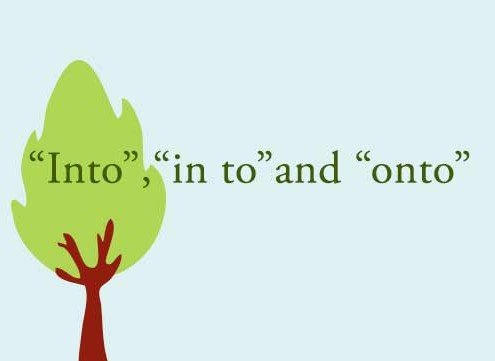“Nag” (jamelgo) is a noun referring to an old horse. So you may have ridden an old horse or a nag.
Nag is also a noun with a different meaning (rezongón, gruñón) as well as a verb (fastidiar). Mortals sometimes “nag someone” to do something and the “nagging” is sometimes a criticism.
Here are some examples:
- Do not nag me (deja de fastidiarme/deja de darme la lata).
- Stop nagging me (deja de molestarme)!
- Mr. Podemos is nagging me to live in North Korea (…esta insistiéndome/molestándome que yo viva en …)
- Sir Keir Starmer, the Labour Party Leader, is a terrible nag (…una latosa) or a “nagger”.
“Nagging” is also an adjective. Mortals often have “nagging doubts” (dudas persistentes). Two examples:
- The German Chancellor has nagging doubts about the sanity (razón) of Mr. Putin, the Russian dictator.
- Mr. Morales had nagging doubts (…tenia dudas perturbadoras…) about his decisión to buy a Ferarri.
So perhaps you have ridden a nag, been called a nagger or nag, nagged Mr. Sanchez to lower taxes, and had nagging doubts about living in North Korea.











